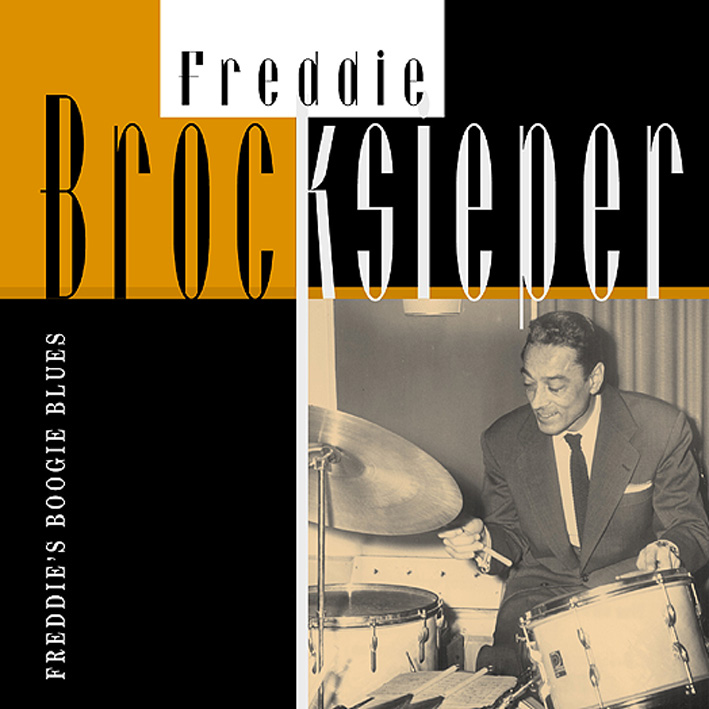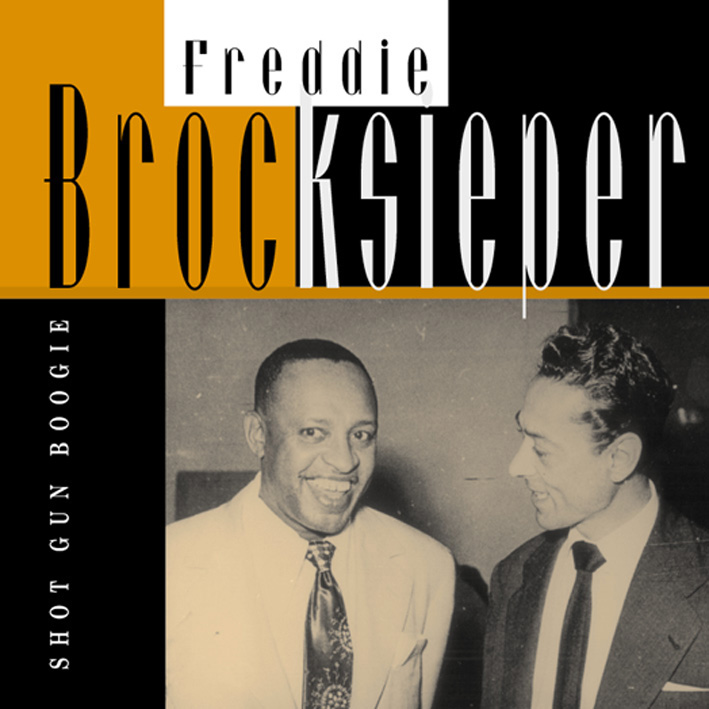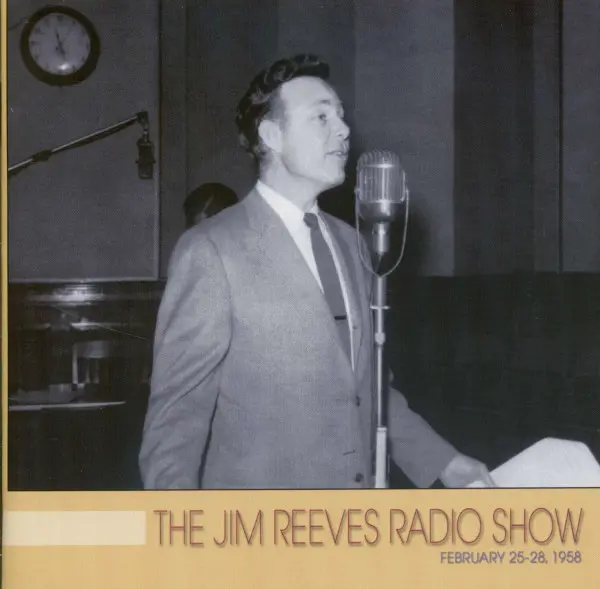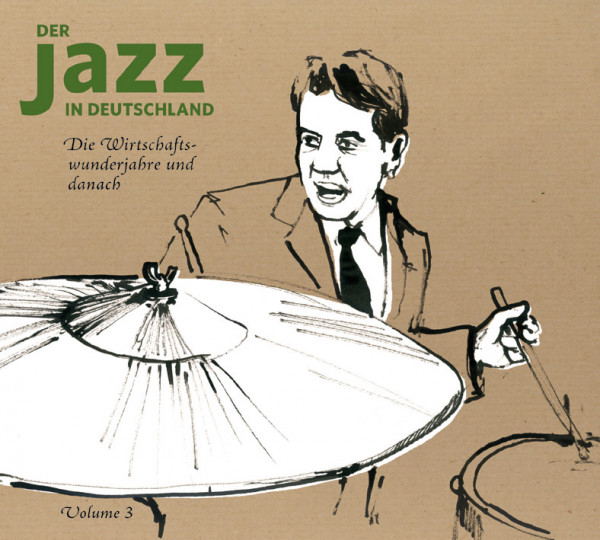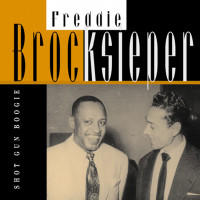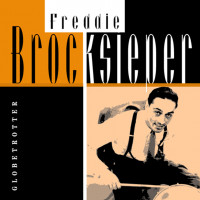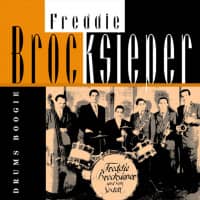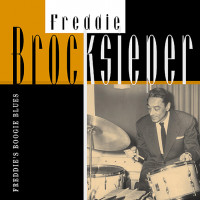Freddie Brocksieper Shot Gun Boogie

* incl. VAT / plus shipping costsDepending on the country of delivery, the VAT at checkout may vary.
Ready to ship today,
delivery time** appr. 1-3 workdays
- catalog number: BCD16277
- weight in Kg 0.115

Ready to ship today, delivery time** appr. 1-3 workdays
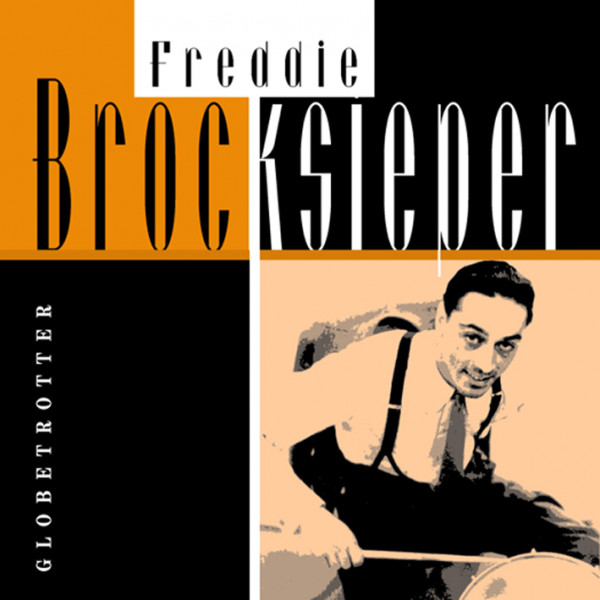
Ready to ship today, delivery time** appr. 1-3 workdays
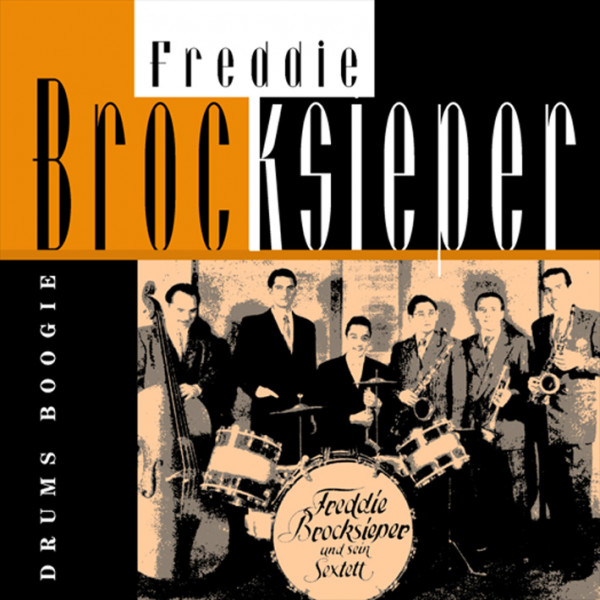
Ready to ship today, delivery time** appr. 1-3 workdays

Ready to ship today, delivery time** appr. 1-3 workdays

